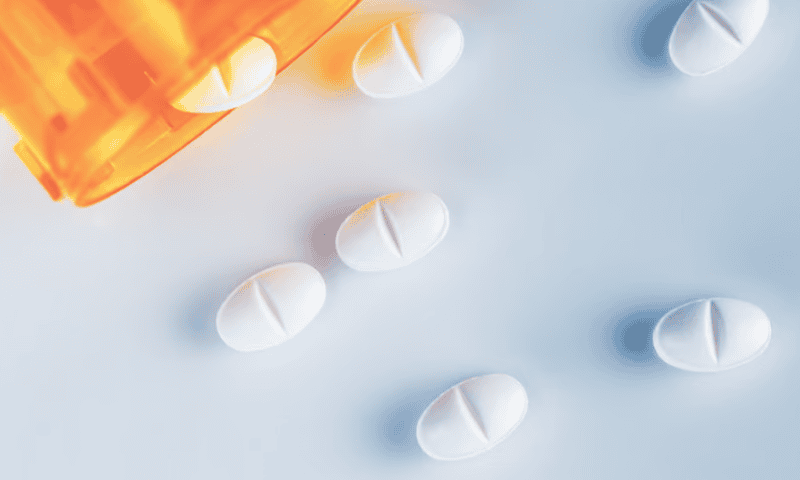Neurocrine Biosciences has nabbed a phase 2 win, with its investigational med in-licensed from Takeda significantly reducing depression severity among adults with major depressive disorder who haven’t benefited from at least one previous antidepressant.
The topline data, shared before the stock market opened this morning, sent Neurocrine’s shares climbing from $133.6 at yesterday’s close up to $140.
The phase 2 study, dubbed Savitri, is a double-blind, placebo-controlled, dose-finding trial evaluating the efficacy and safety of NBI-1065845, an alpha-amino-3-hydroxy-5-methyl-4-isoxazole propionic acid positive allosteric modulator.
Neurocrine landed the oral asset as part of a 2020 deal worth up to $2 billion with Takeda, which allowed the biotech to develop certain compounds in the pharma’s early-to-mid-stage psychiatry pipeline, along with an exclusive license for NBI-1065845 (TAK-653). In November 2023, Neurocrine halted phase 2 development of another asset from the collaboration in MDD after the study missed its primary endpoint, which looked at the change in severity of anhedonia—the inability to feel pleasure.
Now, NBI-1065845 has hit the primary endpoint of statistically significant changes from baseline on a depression severity scale called the Montgomery Åsberg Depression Rating Scale (MADRS) after 28 days, for one of the two doses tested in the trial.
Neurocrine didn’t share the daily dosing amount that met the main goal, beyond disclosing that one of the doses demonstrated an improvement over placebo of -4.3 (p-value of 0.0159) and -7.5 (p-value of 0.0016) at days 28 and 56, respectively, suggesting that the drug’s efficacy may increase over time. The 56-day marker was one of several secondary endpoints measured.
Meanwhile, another undisclosed dose failed to meet statistical significance at both day 28 and 56 timestamps, with improvements of -3.0 (p-value of 0.0873) and -3.6 (p-value of 0.1082), respectively. The data demonstrates a trend toward improvement over placebo, according to Neurocrine.
Overall, NBI-1065845 was generally well tolerated, according to an April 23 release. There were no deaths or serious adverse events, and headache was the most common adverse event reported. The adverse event profile for both doses was comparable to placebo, according to the California-based company.
“Many millions of people living with major depressive disorder do not benefit fully from currently available treatments and experience persistent debilitating symptoms,” Neurocrine Chief Medical Officer Eiry Roberts, M.D., said in the release. “NBI-1065845 has the potential to be a first-in-class treatment to alleviate many of these symptoms of MDD. The phase 2 data from the Savitri study are very encouraging and we look forward to meeting with the FDA to discuss a path into phase 3 studies.”
William Blair analysts dubbed the win as a “pleasant surprise” given the “high-risk nature of drug development here and very limited credit given to the stock for the program,” in an April 23 note.
The analysts did note a lack of clarity in the release about the possibility of a dose-response pattern and said more details are needed to understand the contribution of both drug and placebo effect. Neurocrine is expected to share more information from the study on a first-quarter earnings call slated for May 1, and a full dataset is set to be presented at a future scientific conference.
Details are required to determine nuance to the data, including how placebo response compares to other recent trials, according to William Blair, though the analyst remains “cautiously optimistic on the back of the data, which needs to be replicated in pivotal studies.”
“While depression remains a difficult development indication due to high risk of placebo effects, we view Tuesday’s update as encouraging and potentially representative of a $1 billion-plus peak sales opportunity for a novel antidepressant mechanism,” the analyst concluded.

